Purchasing a new house can be quite an overwhelming and stressful job, especially if it is your first time, and there are lots of things you must think through carefully. There are a plethora of details you must take into consideration. However, you must agree with us that it is also an exciting process, even though it requires a lot of time and effort.
First and foremost, the cost of buying a new house, then, of course, the location and the neighborhood, the perfect size that is suitable for your needs, and the list goes on. After all, making this purchase is a significant investment, so you have to be certain that you have made the right choice. So, in the following text, you will find tips for buying a home for the first time.
Contents
1. Real estate agency
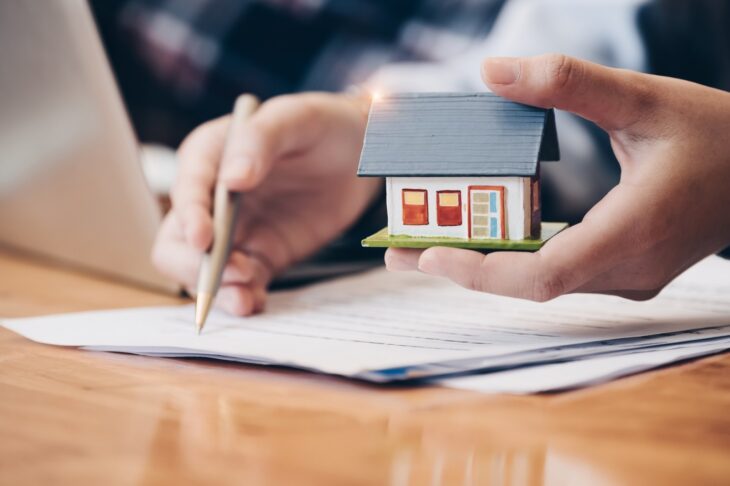
img source: nexity.pt
When buying a new home, the real estate agent is your best friend. A good real estate agent will find the best property that meets all your requirements and that is within your price range. According to premierrealestate.pro, they will locate the one that suits your needs and will meet with you to view those homes. Once you’ve chosen the best one, these professionals will assist you in negotiation and the entire purchase process. Knowledgeable real estate agent will protect you from any frauds and pitfalls you might come in contact with and will make sure you have a stress-free experience during the whole process of buying a new house.
2. Savings, costs, and loans

img source: cloudfront.net
The most important aspect is the price of the house, and how much money you will actually spend. Of course, you want to purchase the best possible house you can afford. The best idea is to start saving as soon as you can. There are tons of options when it comes to loaning money from the bank. A down payment is the initial payment made when buying something on credit. The down payment you must put it will not only depend on the mortgage you choose but also on the lender you collaborate with.
Some loans aimed at first-time homebuyers allow as little as 3% down. But sometimes, saving even a small down payment can prove to be quite challenging. Closing costs are another thing you must take into consideration. These are expenses and fees you must pay to finalize your mortgage, and they usually range from 2% to 5% of the loan amount. And finally, you cannot forget about the move-in expenses. It is good to have some money stashed if your new house needs any immediate repairs or furniture and upgrades.
As you can see, it is of crucial importance to set up a budget and stick to it. Naturally, you have to include the cost of the property itself, but don’t forget to incorporate additional expenses that can arise on the way. Some parts of the house might require renovations, or you might have to buy new furniture, appliances, and so on.
3. Home inspector
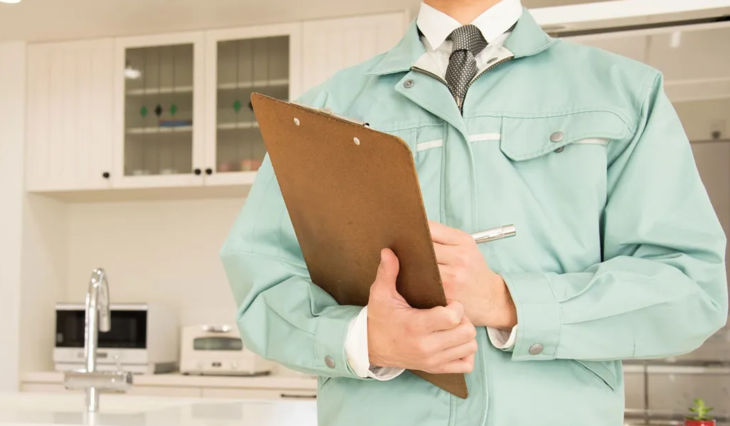
img source: cdn.nar.realtor
Another helpful tip is to hire a professional home inspector. They will be another set of eyes and will notice and inform you about any potential problems and disadvantages of the property you’ve chosen. You’ll want to hire someone who’s thorough and sees even small details. They should take their time and carefully go through issues and inform you what is worrisome and what isn’t. Ideally, they wouldn’t make a big deal out of a problem that is solvable easily and will answer all your questions, so take time and find a helpful home inspector.
Some people might argue that hiring a home inspector isn’t necessary, that this is something they can do on their own. They may be right, but keep in mind that it is really easy to miss some issues if you don’t know what you are looking for.
4. The type of house
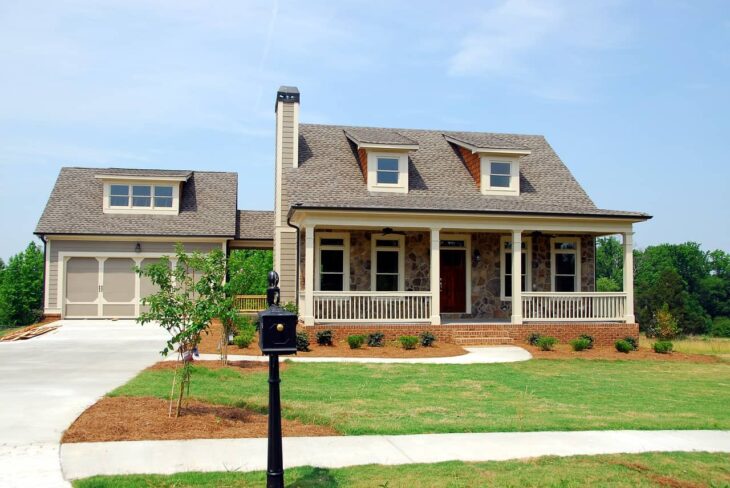
img source: unhappyhipsters.com
Another thing that will highly depend on your budget is the type of house you want to buy and the neighborhood. Again, there are tons of options to choose from, whether this would be a starter or forever home. A condominium or townhouse might be a good choice since these are usually more affordable, and they are also typically located near the town center. Surely, there are some disadvantages, like sharing walls with your neighbors, which would mean less privacy for you. On the other hand, if you wish to live in the suburbs, then the single-family property might be a better idea. If this sounds more appealing, then take into consideration fixer-upper, i.e., a single-family house that needs some kind of upgrades or repairs. Fixer-uppers are usually more affordable than move-in ready homes, but once again, you will need some budget for renovations.
5. Number of rooms
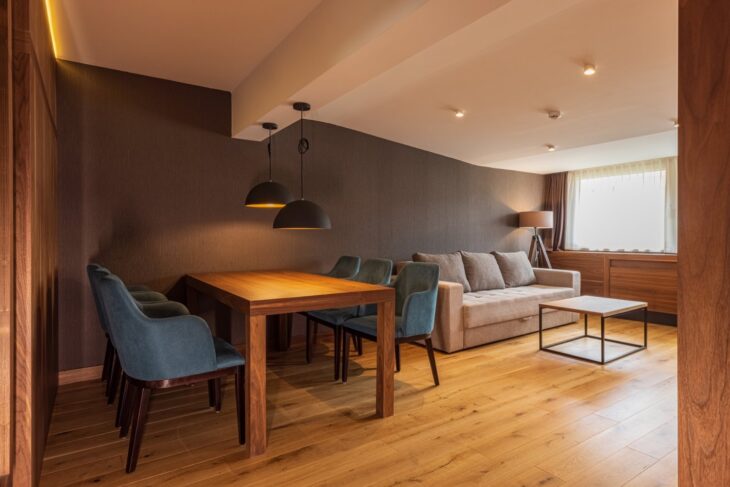
img source: mkresort.com
The number of rooms and bathrooms, of course, depends on your needs, lifestyle, and the size of your family. You might consider having an extra room if you plan on expanding your family. In addition to that, if you work from home, it’d be nice to have a room dedicated to your work only. Having an office would increase your productivity and create a work environment where your full potential would thrive. Ideally, you’d want something that is suitable for any upgrades, whether it is building an extra room, building a garage, or even a pool in your backyard. What’s more, don’t forget about the backyard. Most first-time homeowners, want to get a big garden where their kids could spend most of their time exploring and learning about the surroundings.
6. Neighborhood
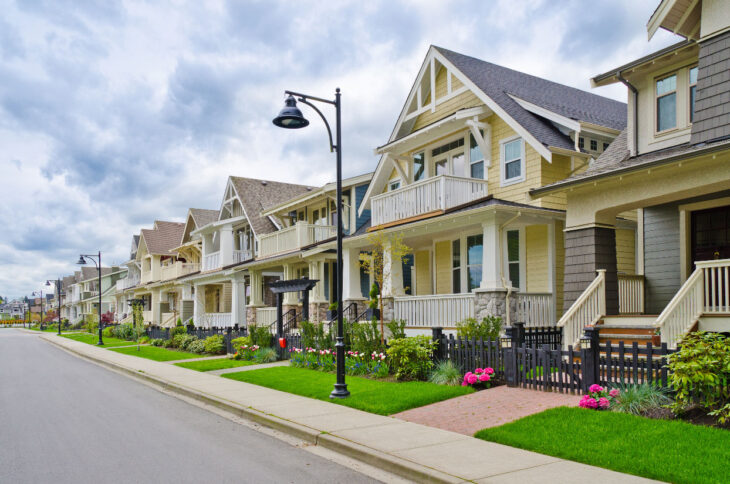
img source: techcrunch.com
Potential neighborhoods should be checked carefully due to the fact that you want the safest neighborhood for your family and kids. If you plan to start or expand your family, surely you want it to be close to amenities that are important to you. In addition to that, you would want to have some facilities in your surroundings that are needed for children, like a school, kindergarten, hospital, etc. You should also test the commute in your potential neighborhood; you certainly don’t want to get stuck in traffic in the rush hour, so it would be more convenient if your new home is close to your workplace.
